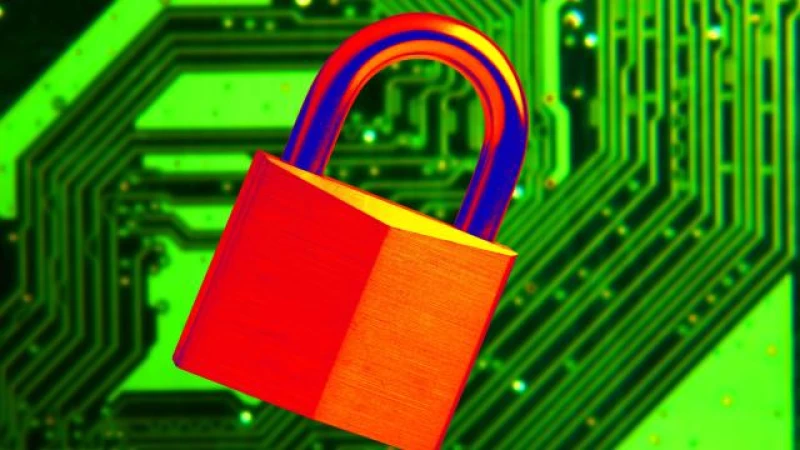Smart home technology is more popular than ever. The U.S. smart home market is expected to be worth nearly $50 billion by 2026, according to industry experts. Smart light bulbs, assistants, and thermostats can make life more convenient and save on energy bills, although the upfront costs can be more than quadruple their non-web-connected counterparts. Installing and maintaining smart security systems can also save consumers money by cutting up to 13% from homeowners insurance premiums, according to financial analysts.
Smart home security systems are designed to be easy to set up right out of the box, even if you're not a tech expert.
"There are many companies, many products, and it really has been a race to make them very easy for the average consumer to pick them up, go home, plug them in, and have them connected," says a technology expert.
But there are a few important security tips to keep in mind:
Create strong passwords
Change any default device passwords, and make sure email or commerce accounts that control the devices are strong, too.
"It is common for people to use simple passwords like 'admin' or 'password123' for their router login, which can make it easy for hackers to gain access to your system," advises Hiner. "It is crucial to change these default passwords to ensure the security of your network."
Experts recommend using a password that is 12-16 characters long. Consider using a phrase or rearranging significant dates, like a pet's birthday, in a unique order.
Protect your home Wi-Fi network
Ensure that all your smart devices are connected to the main house account and avoid giving visitors access to it. Most Wi-Fi routers offer the option to set up a guest account with a separate username and password for visitors. Allowing guests to connect to your main Wi-Fi network can compromise its security as they carry your network information on their devices.
"When your friends or family connect to your Wi-Fi and then use public networks like in cafes, they are essentially broadcasting your sensitive security information to those locations," warns Hiner.
Be cautious with WiFi-connected devices
Many modern household appliances, including faucets, InstantPots, and microwaves, come with Wi-Fi capabilities. However, Hiner advises against connecting devices to the internet if you are unlikely to control them through a dedicated app.
"Don't connect any device if you're not going to use it or if it won't be helpful. Every connected device is a potential target for attacks," Hiner warns. "If a device has a vulnerability or a default password that you're unaware of, it can be exploited to breach your network and potentially compromise other devices."







